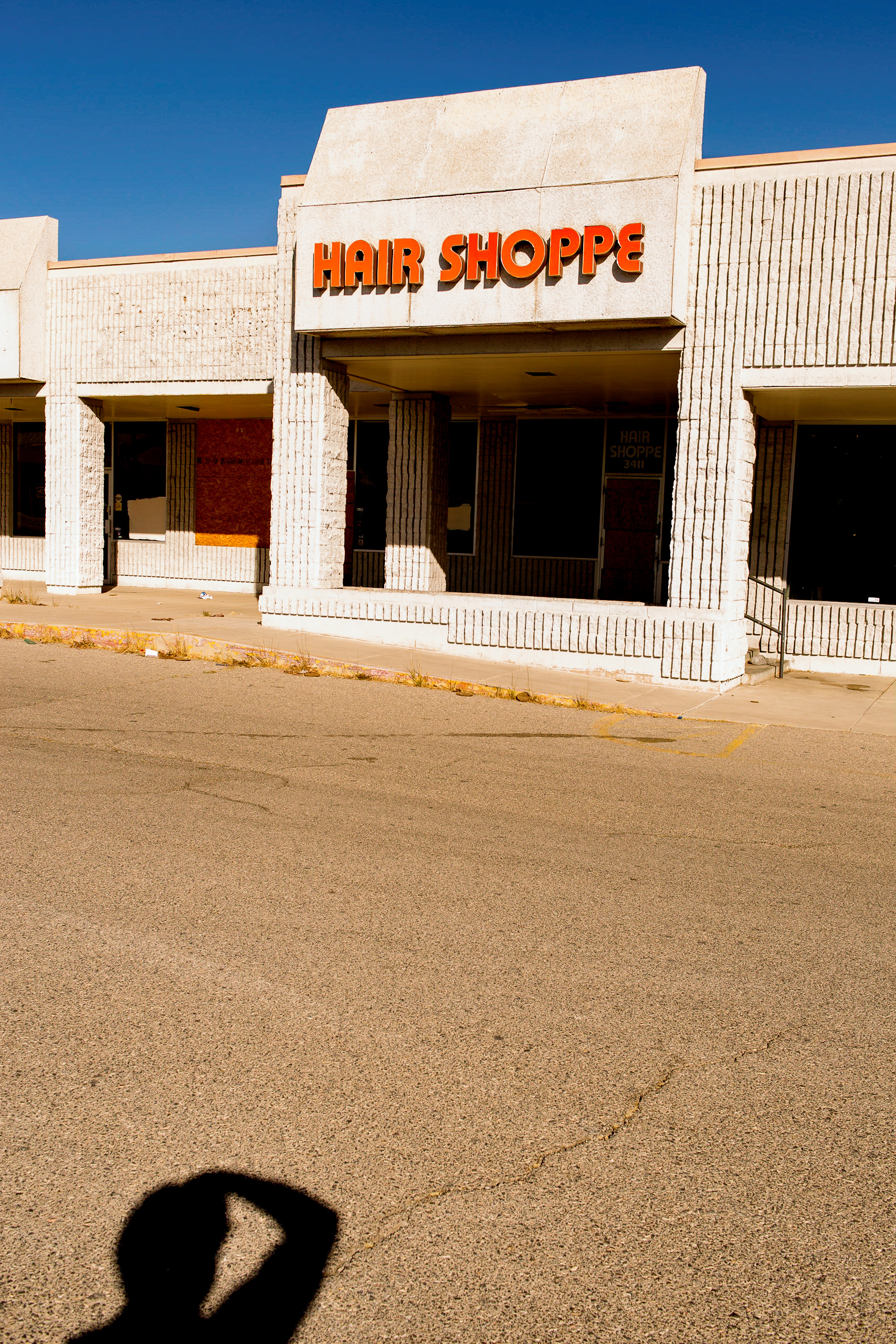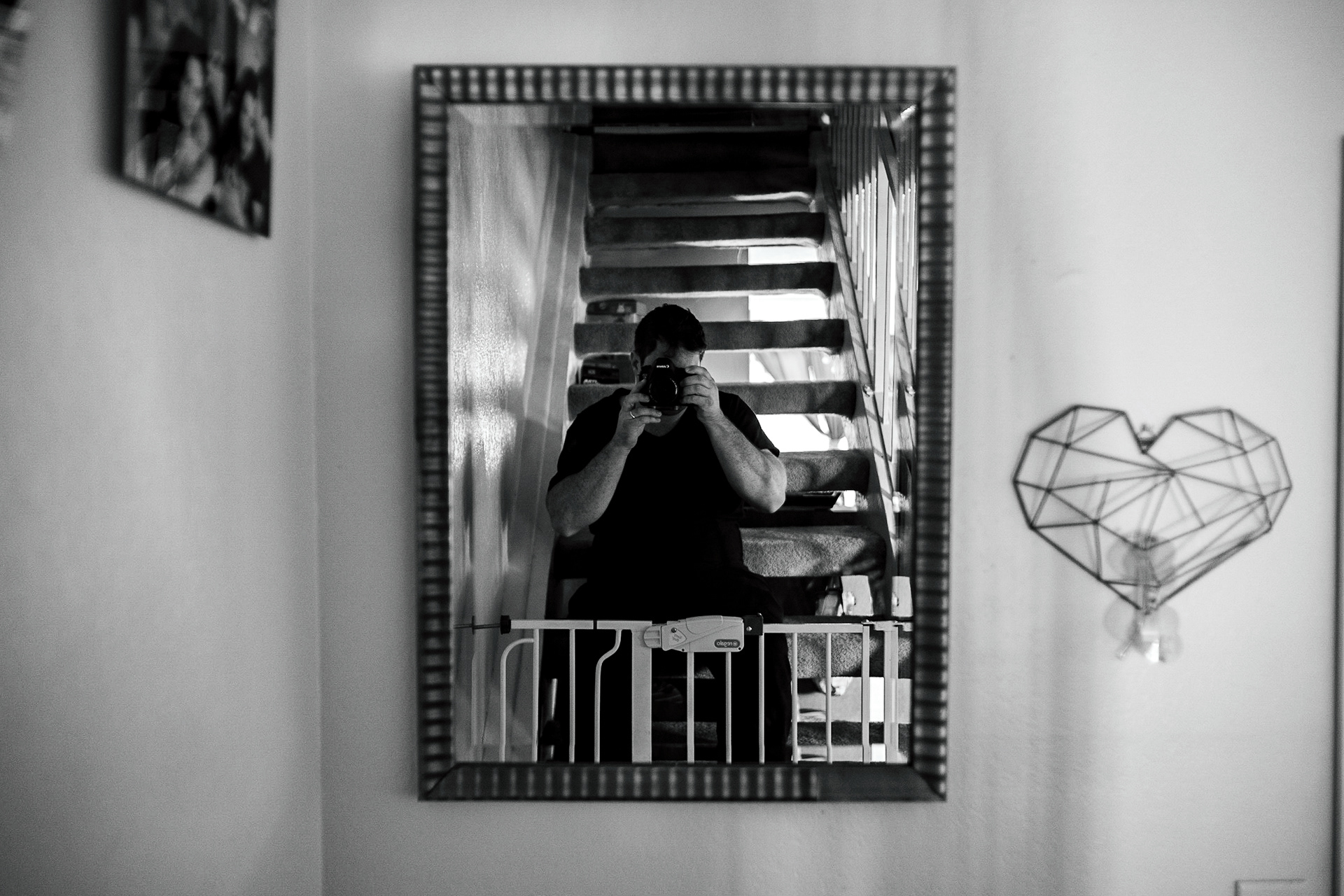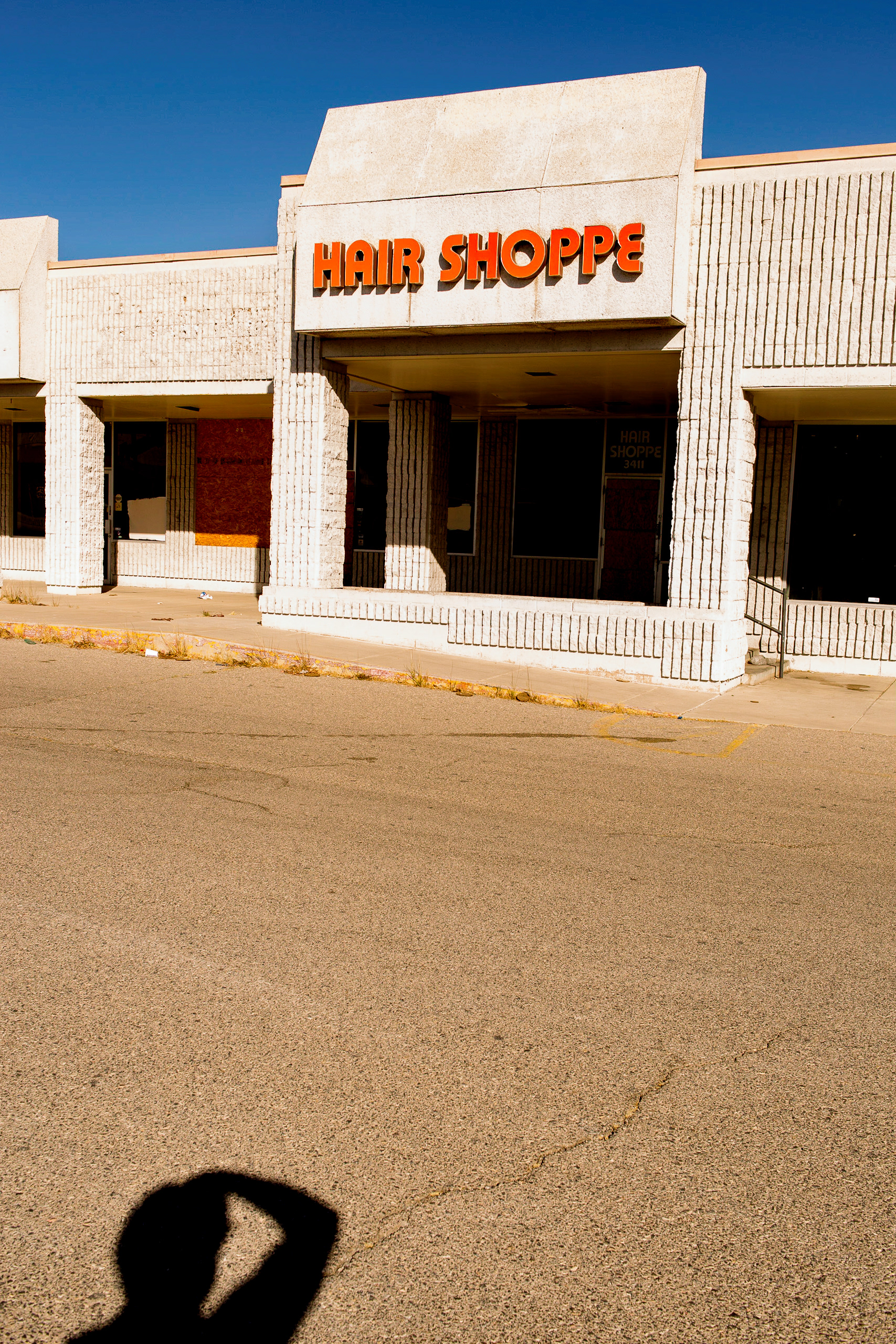


This interview is taken from the upcoming issue of Docu Photo Book:
Tell us a little bit about yourself. How did you become a photographer?
I became a photographer as a preteen, when I went to Mammoth Lake one year with a best friend of mine whose father in law took us.
It’s interesting how one day you can take a snapshot that has absolutely no story, no heart, no soul. And the next, you can make a photograph which captures your heart, and catapults you into a passion and decades of personal enjoyment and growth. This happened with me. Upon arrival to Mammoth, we went out on a boat. I took a picture of my best friend. She probably took a few of me. Easy peasy, inconsequential. It was sunny that day. The next day fell the first snowfall of the season.
We were staying in a little condo there in the town. In its courtyard, under the allen snow, a vintage Schwinn bike leaned against the next condo over. The way the soft snow capped the cross bar of the bike like a robe, it drew me in. The light was as soft as the snow and so was the image. For the next 23 years I would grow in my photographic journey. And I loved every moment of it.
What has been the biggest lesson you have learned as a photographer?
This may seem like a laughable thing to say but were I an Apostle of Photography, this would be my gospel: Do not delete your images. While I don't exactly mean don't delete any photo ever, it really is something you should almost entirely avoid. Dan Milnor, Blurb's Creative Evangelist, once said this and it was exactly what I, indeed we, need to hear.
To cement this philosophy and to butcher a quote from Dan, "I know several photographers, personally, who are living off of their archive."
My own take is that I must have lost several excellent images, that never should have been deleted due to not knowing that I shouldn't have kept all my images. More than that, these are our memories. They are precious as such, they should not be discarded.
What advice would you give to a young photographer who wants to take their photography to the next level?
If you want to make images in a similar manner as I do, my main advice would be to be happy taking bad photos. The difference between a snapshot and an amazing photograph is often not much more than a good edit.
Learn what you like when editing a photo and embrace it. Don’t be shy about having a style. And if someone doesn’t like it, don’t let it bother you too much. Diversity is a gift: We are not all the same.
I truly believe that I am not a good photographer, technically speaking. I rarely know what I’m doing; I underexpose my images often; I shoot at really high ISO's; and make grainy images with old, secondhand gear, and midgrade glass. I've even been known to take images with third party knock off prime lenses! I'll end this little rant with the wort offense: (probably because I'm somewhat color blind) I warm images to the point they look fake with no apologies! Haha.
But, I'm also persistent. I work the scene. I will exhaust different angles, and try things. I know when I see something worth my time.
Don't be afraid to ask people if you can take their picture. It usually won't make it inauthentic, and don't tell "them" (the documentary photography police) I said this, but if your subject acts a little, so what (that's right, I said it!) it will usually make for a better picture. Moreover, it's the right thing to do.
Lastly, I'll leave you with this: If you want interesting photos, go to interesting places. That doesn't mean you have to leave your city, just go to the ethnic market in your town or a cultural event. Go to the city dump or an old-fashioned burger joint.
In your opinion, what makes a good photograph?
Believe it or not, I'm a little of a photo snob when it comes to what makes a great photo. A great photo must have story! There must be a human element, even if it's rather subtle. It may be more precise for me to say it must convey emotion.
How are the two related? Because humans are the main ones who feel emotions. It should take you somewhere in your heart or in your mind. Even if you haven't been in front of the subjects in the photo or in the place or situation the photo portrays, it should make you feel as though you had been.
I like making photos of situations that are somewhat universal. That we can all identify and relate too. And this is why you should feel like it's transported you somewhere. Your photo gets bonus points, if it makes you relate to someone or somewhere that you have never been or may even have some preconceived judgement about.
How do you feel about social media today? Is it good for photographers, bad for photographers?
I think it's a mixed bag, but it’s more bad than good.
Photography is an art. No art deserves to be viewed on a display that is hardly bigger than the smallest print size possible and as far as Instagram. Are you kidding? We can't even rotate the screen. It is ab-solutely ab-surd! Then there is the point about how the only way you can get any engagement is to pay for it and how depressing it is for those who are trying to get engagement and not understanding why. Then, the fact that you must post continually in order to be seen by your followers. Lastly, there is the way it affects the rest of the world, namely young guys and young girls’ self-esteem.
On the positive side, social media allows for us to contact people we normally wouldn't be able to connect with in the physical space. I have made friends with photographers and artists and the occasional old friend as well. I love the way it makes me learn a little bit about sequencing and producing tryptics. I see setting up the flow of my wall as a way to expand my creative mind. I tend to put a B&W image in-between two color images and on the next line of my wall, do the opposite, sandwiching two B&W images between a color image. Another technique I employ in my images is to put images on the right of the wall, with subjects moving from right to left and the photos on the left facing to the right, and then the photos in the middle to neither face out but be central. This is a really cool practice that I encourage you all to check out and employee on my wall. Websites are also a way to practice and expand our creativity as well.
For the record, I have left Instagram as far as a place to post and I am pretty happy about it, for the reasons I gave above. In it's place I am starting a weekly newsletter that will into my archive and give more in-depth explanations of photo's in order to build authentic community. It will hopefully be spilling over into my website too, with a blog that duplicates my email newsletter.